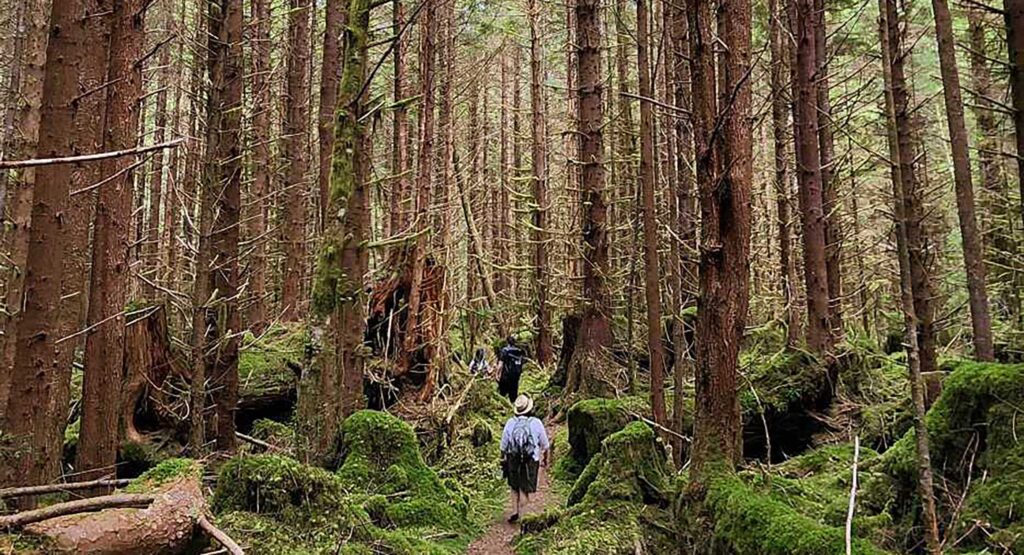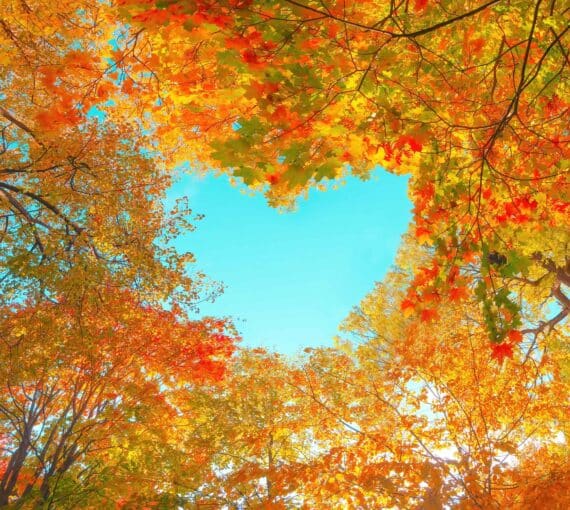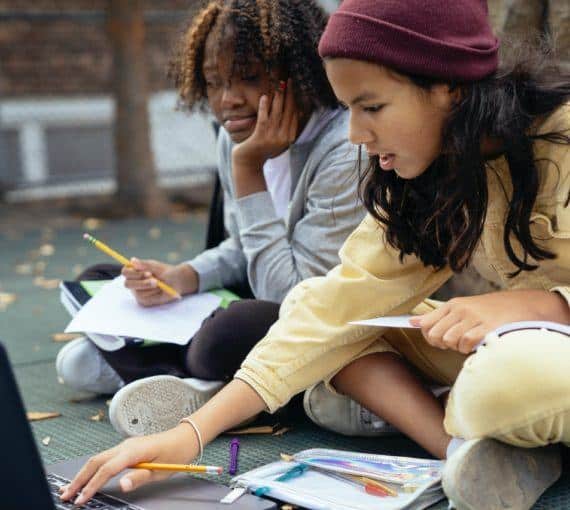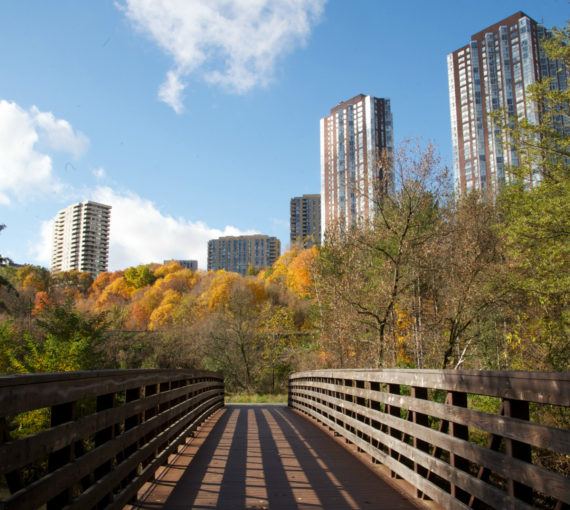
(Credit: Jennifer Brazeau)
I would like to express my gratitude to the David Suzuki Foundation for inviting me to participate in the Peace and Unity Summit in Prince Rupert, and for organizing the exceptional visit to Haida Gwaii.
This incredible journey not only connected me to some of the most beautiful territories I’ve ever seen but also to some of the most wonderful humans I have met. Thanks to this invitation, I had the privilege of exploring some of the most breathtaking and sacred landscapes along the B.C. coast and learned so much about the wonderful culture that inhabits it.
Curiously, one visit to a wooded area in Prince Rupert stands out in my memory, not just for its natural beauty but for the juxtaposition of light and pollution. The sun poured through the trees, casting a golden glow over the forest floor and the youth who accompanied us. Eagles soared above, a scene that would have been more than idyllic if not for the garbage littered all around. Plastic bottles, bags and other trash marred the otherwise scenic landscape.
During the moment, the concept of forest bathing came to mind, a practice in which one immerses one’s self in nature to relax and engage the senses. The Japanese call it “shinrin-yoku,” and it’s meant to connect us with the Earth, cleanse our minds and restore our spirits. Can this still be true in a forest tainted by our waste? What happens to our spirit and that of the forest knee-deep in used tissue paper and empty coffee cups?
A short trip to Kitamaat took us on a detour to the local garbage dump and brought this idea into sharp focus. The dump was full of life, specifically eagles. Dozens of them soared and swooped down over the landfill, scavenging through the trash. The sight of these majestic birds — symbols of strength and courage, sacred animals in Indigenous cultures — surrounded by mountains of human waste was as haunting as it was humbling. It struck me that we’ve created ecosystems where even nature’s most noble creatures have adapted to our garbage. The irony was undeniable. In this garbage dump, these eagles thrived, while the forests where they once lived were eradicated under the weight of pollution.
It struck me that we’ve created ecosystems where even nature’s most noble creatures have adapted to our garbage.
Standing in that landfill, I realized that we, too, must “bathe” in this reality. We cannot simply walk in nature’s beauty while ignoring the damage we’ve done. The garbage we leave behind is not separate from us; it is a reflection of us. If we are to engage in forest bathing to cleanse our spirits, we should also immerse ourselves in the garbage we’ve created. We must take responsibility for the waste we’ve generated, and in doing so, recognize our role in disrupting the natural balance.
It is not enough to seek refuge in nature while ignoring the pollution we leave behind. We must confront the mess we’ve made and take real steps to clean it up. Garbage dump bathing, in this sense, becomes a metaphor for reckoning with our environmental impact. It’s about facing the uncomfortable truth of how our actions have affected Earth and the creatures that inhabit it. We cannot simply walk away from our waste, pretending it doesn’t exist. If we are to truly heal, as individuals and as a society, we must immerse ourselves in the reality of the pollution we’ve created and commit to cleaning it up.
The beauty of nature is not diminished by the garbage around it. It persists, resilient and enduring.
In the end, the beauty of nature is not diminished by the garbage around it. It persists, resilient and enduring. But that resilience should not be an excuse for us to continue polluting. It should be a call to action, a reminder that if nature can continue to thrive amid the waste, we too have the power to clean up, restore and protect the land for now and generations to come.
Let’s start by acknowledging the pollution we’ve created, just as we appreciate the forests that remain. Only then can we truly engage in forest bathing, not just as a way to heal ourselves but as a way to heal the land we’ve harmed.


